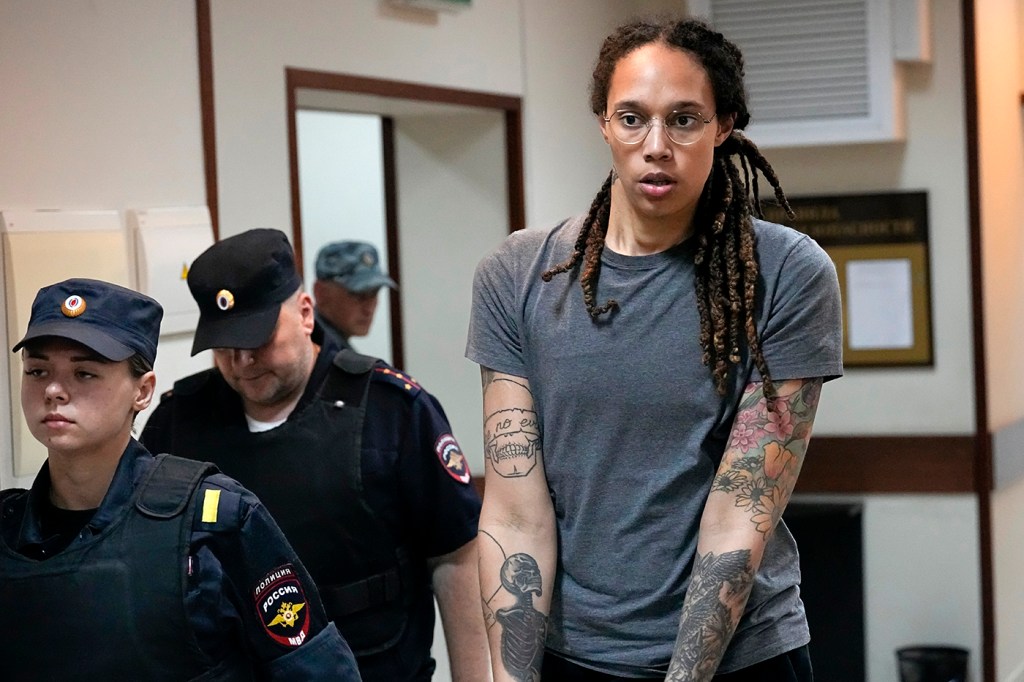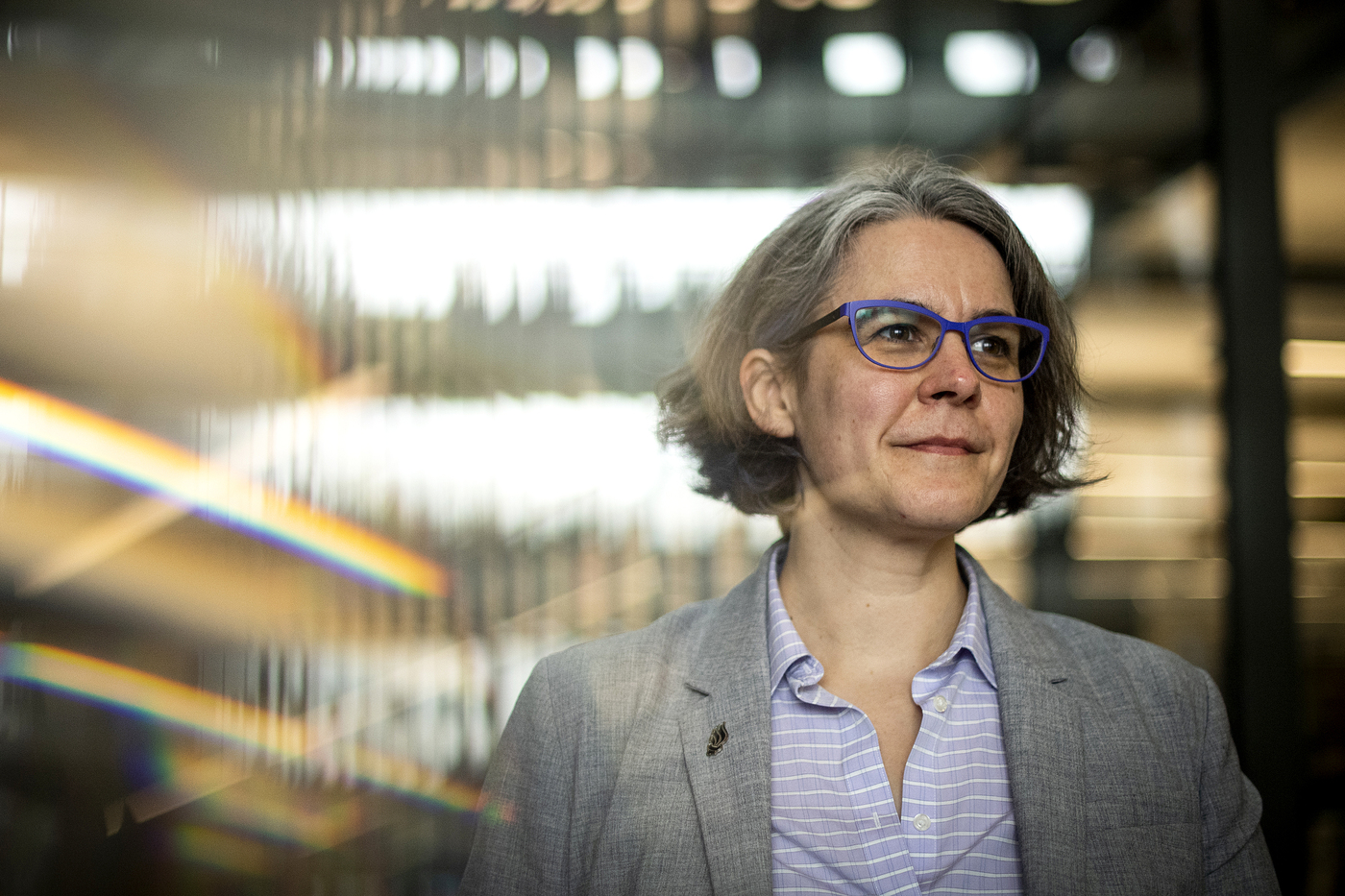The difficult math of a prisoner swap: Why did the US trade Viktor Bout, a notorious arms dealer, for Brittney Griner?

After months of detention in Russia, WNBA star Brittney Griner is finally back home in Texas with her family.
Griner, a two-time Olympic basketball gold medalist and player for the WNBA’s Phoenix Mercury, was arrested in Russia in February on charges of drug possession as she was leaving the country. Officials detained her after finding hashish oil in her luggage—a crime that carries up to 10 years in prison there.

Griner was successfully exchanged via a prisoner swap for the release of Viktor Bout, a Russian arms dealer nicknamed “The Merchant of Death.” Bout had been convicted by a New York jury on four counts that included conspiring to kill American citizens, according to the New York Times. The Times reports that Bout had evaded capture for years and was “probably the highest-profile Russian in U.S. custody.”
Why did the trade require the U.S. to release Bout, who intelligence officials describe as “one of the most dangerous men on the face of the earth”?
Alexandra Meise, an associate teaching professor in the School of Law at Northeastern, says that negotiating the release of a wrongfully detained person is always a delicate matter—a kind of impossible math that can’t—and shouldn’t—be reduced to “weighing one life against another.”
“This is why I caution against viewing these situations as transactions or mathematical exercises,” Meise says. “Individual human lives and welfare are at stake. It does not reduce to a straightforward equation weighing one life against another or one specific charge under one legal system against a charge in another system. It is not that simple.”
Additionally, negotiations of this kind always take place “against complex geopolitical and diplomatic backdrops, with many moving pieces and evolving factual frameworks,” she says.
Many human rights advocates have highlighted the fact that Griner, a Black queer woman, faced “unknown variables” while in Russian custody. Russian President Vladimir Putin has been cracking down on what he describes as “gay propaganda” with new draconian laws, further imperiling the safety and welfare of LGBTQ people in Russia.
“I have no doubt there have been many people on both sides of the negotiation working on this for months,” Meise says. “What is, of course, sad at the same time is that they were unable to secure the release of Paul Whelan, who has been in detention even longer than Brittney Griner.”
Whelan, a former marine and corporate security executive, has been detained in Russia on espionage charges that his family and the U.S. government have said are bogus, since 2018. While Whelan said he was disappointed that the Biden administration hasn’t done more to secure his release, his family expressed support for the Griner deal.
“The State Department has made clear that the choice here was either not to bring Griner home or to bring her home without Whelan,” Meise says.
At least 153 Americans have been wrongfully detained by state actors since 2001, according to recent estimates.
President Joe Biden spoke about Griner’s release on Thursday, noting that it took “painstaking and intense negotiations.”
“I’m glad to be able to say that Brittney is in good spirits,” Biden said. “She’s relieved to finally be heading home. And the fact remains that she’s lost months of her life, experienced needless trauma, and she deserves space, privacy and time with her loved ones to recover and heal.”
The prisoner exchange was a result of mediation efforts by the United Arab Emirates and Saudi Arabia, which the countries said reflect “the mutual and solid friendship that connects both countries with the United States of America, and the Russian Federation,” according to CNN.
Secretary of State Antony J. Blinken said, in a statement, that he “wholeheartedly wish[ed] we could have brought Paul home today on the same plane with Brittney.”
“While we celebrate Brittney’s release, Paul Whelan and his family continue to suffer needlessly. Despite our ceaseless efforts, the Russian Government has not yet been willing to bring a long overdue end to his wrongful detention,” he said.
Tanner Stening is an assistant news editor at Northeastern Global News. Email him at t.stening@northeastern.edu. Follow him on X/Twitter @tstening90.






